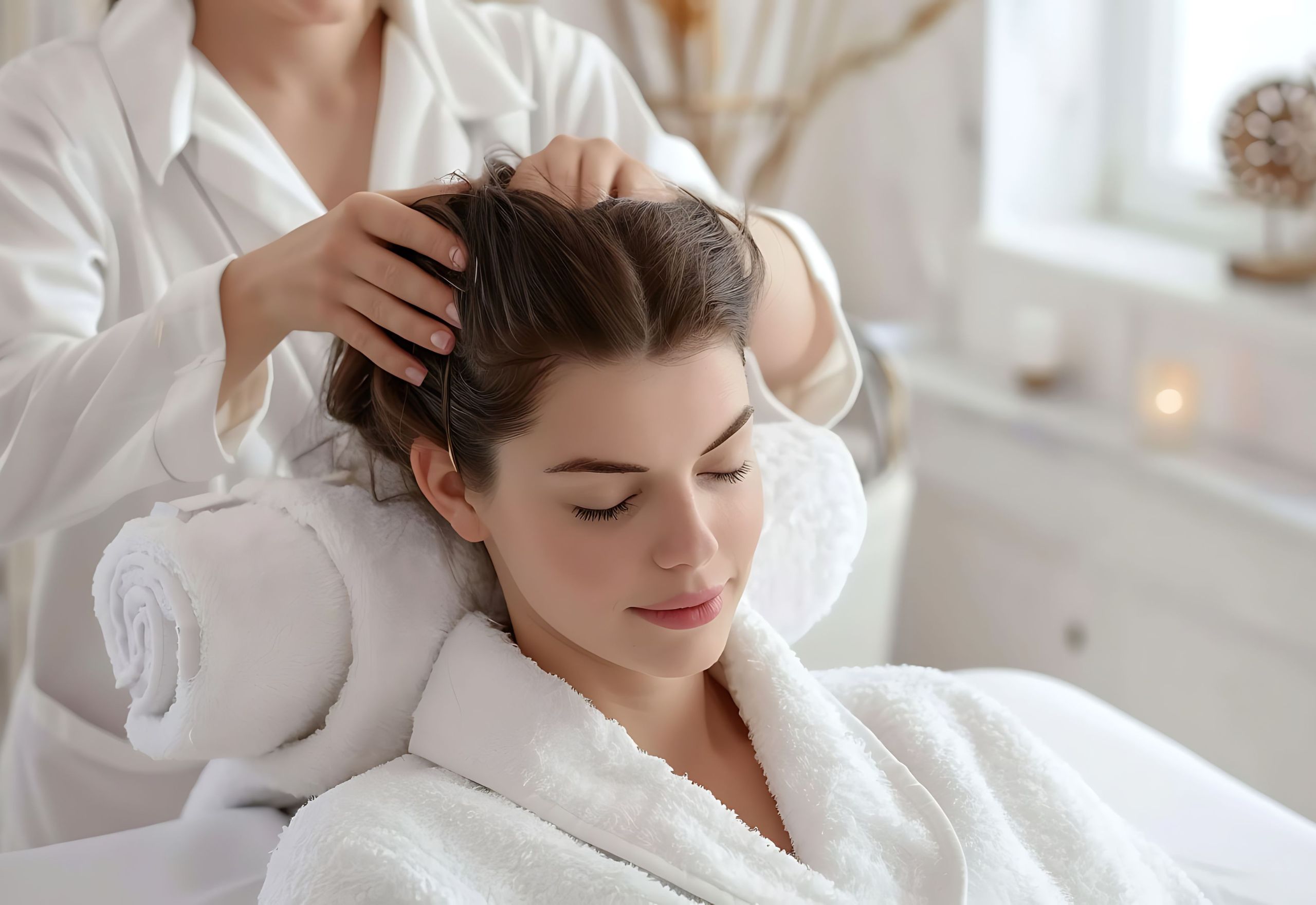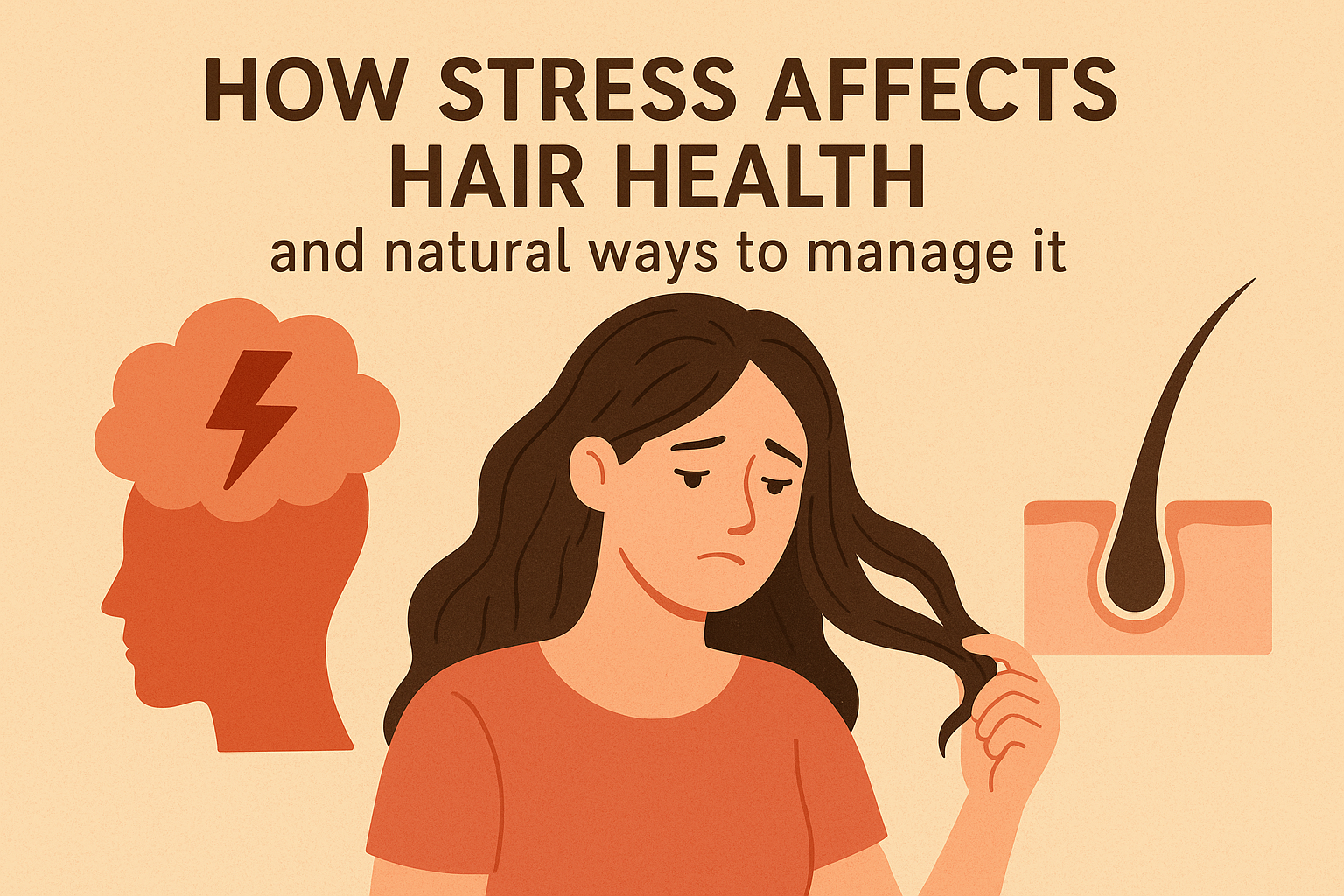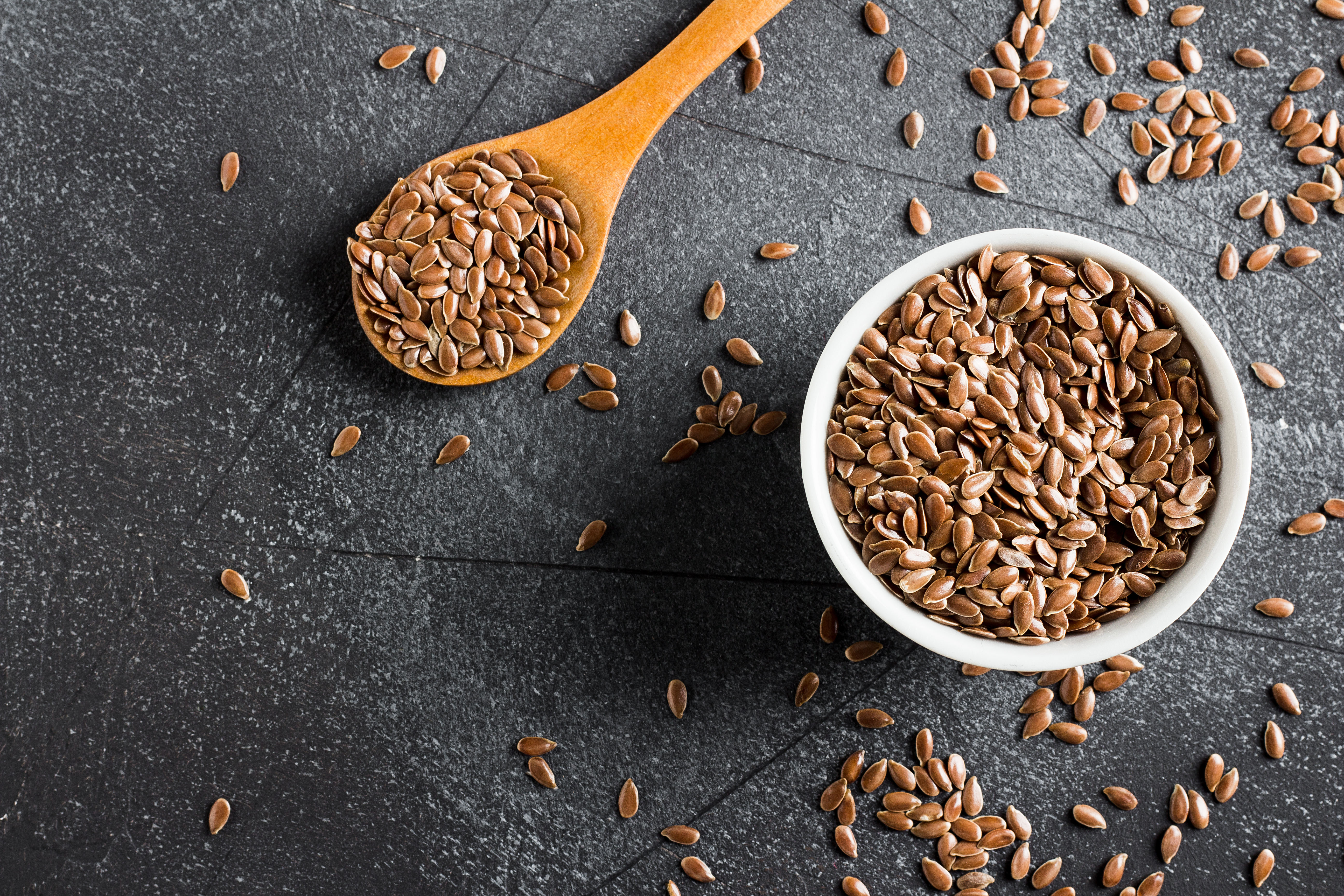It is normal to experience hair loss and hair fall, no matter your age, gender, or lifestyle. Most of us lose between 50-100 strands of hair daily due to the way hair grows, but it can be alarming if you have hair loss beyond what is normal, or find that your hair is thinning out. Many people ask the question, What is the main reason for hair fall, or what is the main cause of hair loss? Hair loss does not have one single cause. There are many different causes of hair fall, and these can vary from genetics and hormones, to diet, to stress and sickness.
In this blog, we will discuss and break down the top scientific causes for hair fall and hair loss in order to help readers obtain a solid understanding of why hair fall happens and how to manage it.
Also Read: Can Lack or Deficiency of B12 Cause Hair Loss?
1. Genetics: Most Significant Cause of Hair Loss
If you are trying to understand the most predominant cause of hair loss, you will find that genetics is often at the top of the list. Genetic hair loss, or androgenetic alopecia, is the most commonly encountered condition of thinning hair in both men and women.
1: Men: Typically manifests as receding hairlines or bald spots on the crown of their head.
2: Women: Diffused thinning and widened parting (the overall density of the hair is reduced) rather than a single bald spot on their head.
Genetics is associated with a hair follicle’s sensitivity to dihydrotestosterone (DHT), which is a byproduct of testosterone. DHT produces a shortening of the growth phase (anagen) of the hair cycle; therefore, the hair strands become weaker, and over time, the human hair follicle will shrink.
Even though you cannot change your genetic makeup, treatments such as minoxidil, finasteride (for men), and platelet-rich plasma (PRP) therapy meaningfully contribute to slowing down genetic hair loss.
2. Hormonal Imbalances
Hormonal shifts can be a very significant factor in identifying what is the main cause of hair loss in many people.
1: Postpartum Hair Loss: After birth, estrogen levels drop dramatically, which leads some people to temporarily lose large amounts of hair.
2: Thyroid Disorders: Hyperthyroidism or hypothyroidism can cause shedding due to a change in the hair cycle.
3: Polycystic Ovary Syndrome (PCOS): Women who are diagnosed with PCOS tend to have excess levels of circulating androgens, which can cause male-pattern hair loss.
4: Menopause: Aging results in decreasing estrogen and progesterone, which also makes hair weaker and thinner.
By treating and correcting the initial hormonal imbalance, through medical treatment and a change in diet and lifestyle, we can achieve a state of hormonal balance, and you can limit shedding.
Also Read: Dermarolling for Hair Regrowth: Everything You Need to Know
3. Nutritional Deficiencies
When it comes to hair growth, diet is crucial. If you’re asking what the main reason for hair fall in young adults is, nutritional deficiencies are often the cause.
1: Iron deficiency (Anaemia): Iron is essential for transporting oxygen to the hair follicles. Without sufficient iron, hair follicles can weaken and fall.
2: Protein deficiency: Hair is made from keratin, which is a protein. Therefore, not getting enough protein can slow the new growth of hair.
3: Vitamin D deficiency: It is essential to stimulate hair follicles; a deficiency can cause telogen effluvium, which is simply excessive shedding.
4: Zinc, biotin, and omega-3 (oils): All have some contribution to maintaining hair follicles and nourishing the scalp.
Eating balanced meals including lean proteins, leafy greens, nuts and seeds, and fortified foods will help in reducing hair loss from deficiency. In some serious cases, supplements can be recommended by a healthcare professional.
4. Stress and Psychological Factors
Stress is one of the major contributors to what is the main cause of hair loss for many people. Stress can contribute to:
1: Telogen Effluvium: Stress may push more hairs into the resting part of the hair cycle, resulting in sudden diffuse shedding.
2: Trichotillomania: Trichotillomania is a psychiatric disorder characterised by the irresistible impulse to pull out one’s hair. Many people pull their hair out of anxiety.
3: Elevated cortisol levels: Cortisol affects hair growth by interfering with the normal hair growth cycle, which will lead to hair growth reduction.
There are many ways to lower stress hormones in the body and lower your cortisol levels, such as meditation, scalp massage, yoga, and sleeping sufficiently!
5. Scalp Problems
A healthy scalp is important for healthy hair. Several scalp problems may answer the question, What is the main reason for hair fall?
1: Dandruff and Seborrheic Dermatitis: Causes itchy, inflamed roots.
2: Psoriasis: Causes very scaly patches that harm follicle health.
3: Fungal Infections: Ringworm of the scalp can cause patchy hair loss.
It is important to have a clean scalp, cleansed regularly with medicated scalp shampoos to get rid of flakes, and treat any fungal infections quickly to stop hair loss associated with scalp issues.
Also Read: Scalp Detox: Does It Really Help With Hair Growth?
6. Hair Styling and Chemical Damage
In some cases, what is the main cause of hair loss can be attributed directly to hairstyles that are common in this day and age.
1: Hairstyles that stress the hair follicles (i.e., tight hairstyles): Wear ponytails, braids, and buns too tightly, as they put stress on the hair follicles, which can hinder hair growth.
2: Heat styling: Regular use of straightening irons, curling irons, and blow dryers weakens hair proteins and weakens the hair shaft.
3: Chemicals: The use of hair dye, hair bleach, hair relaxers, etc., can destroy the hair shafts and root of the hair.
Limiting the heat applied to hair, avoiding harsh chemicals, and adopting gentler hairstyles will help minimise the long-term damage to the hair.
7. Medical Conditions and Medications
Several medical conditions and treatments can influence the capacity of your hair or its immediate state.
1: Autoimmune Conditions (Alopecia Areata): Can cause either patches of hair loss only as the immune system affects each follicle one by one.
2: Chronic illness (diabetes or lupus): Can affect the circulation and nutrients reaching the follicle.
3: Medications: Chemotherapy, blood thinners, antidepressants, and blood pressure medications; both high and low blood pressure medications have the potential to cause temporary and even permanent hair loss.
If a drug is the cause of hair loss, managing the underlying ailment and discussing options with the healthcare provider is very important.
8. Environmental and Lifestyle Reasons
External reasons can also affect what is the main reason for hair fall in today’s world.
1: Pollution: Dust, smoke, and toxins affect hair and scalp.
2: Hard Water: Extra mineral buildup can lead to poor shaft strength (brittle hair).
3: Lifestyle: Tobacco use, alcohol abuse, and poor sleeping habits affect blood circulation and the health of the follicles.
If you make some basic changes, like using filtered water instead of tap water, using a scarf when in high-dirt areas, and changing to a healthier lifestyle, you will still save your hair from unnecessary outside damage.
Also Read: How to stop hair fall naturally at home?
9. Hair Loss Due to Aging
With age, the cycle of hair growth slows. Follicles shrink, and hair becomes thinner and weaker. This is one of the most prevalent and unavoidable responses to the main cause of hair loss.
Although age-related hair loss can’t be avoided, keeping your scalp healthy, selecting products focused on growth, and choosing low-level laser therapy (LLLT) can help delay the effects.
10. When Should You See a Doctor?
If you have suddenly developed patchy or severe hair loss, seeing a dermatologist or trichologist as soon as possible is essential to receive recommendations and options for early intervention. A specialist can help identify whether the underlying cause is genetic, nutritional, hormonal, or medical, and then provide clarity on what is happening. As healthy hair growth depends on good nutrition, a balanced lifestyle, and proper care, seeking help early on can significantly impact the effectiveness of a treatment option.
Conclusion
What are the primary reasons for hair shedding and hair loss? The answer will differ depending on a person’s genetics, hormones, eating, stress, lifestyle, and medical issues. For some hereditary features may not be changeable, while for others either a diet pattern or stress may be at fault.
The good news is that hair fall can be managed, and in many cases, reversed, with proper assessment and treatment in the form of lifestyle changes and medical therapies. Recognising the main cause of hair loss is the first step towards hair that is healthier and stronger.
Also Read: Which oil is best for hair growth and thickness?
FAQs
1. Why do young adults experience hair fall?
Hair fall in young adults is primarily due to nutritional deficiencies, stress, and poor lifestyle choices for most people. Genetics, of course, is a factor if they have a family history of hair loss.
2. How does hair loss affect women?
Women experience hair loss primarily from hormonal factors (like PCOS, thyroid issues, or menopause), postpartum shedding, nutritional deficiencies, and also excessive hairstyling choices.
3. Is stress a cause of hair fall?
Yes. Stress raises the level of the stress hormone cortisol and can affect the hair cycle growth by causing hair loss disorders like telogen effluvium, which causes the hair to shed more than usual.
4. How can I tell if my hair loss is genetic?
If the thinning starts at the crown or hairline and in close family members with the same issues, then most likely it is genetic. A dermatologist can determine this with their expertise in hair loss.
5. Does my diet contribute to hair fall?
Most certainly. A person’s hair can be affected by a lack of protein, iron, vitamin D, zinc, and biotin, all of which weaken hair follicles and promote excessive hair shedding. A balanced diet is critical in maintaining healthy hair.
6. Does having a scalp massage reduce hair fall?
Scalp massage increases blood flow and nutrient delivery to the hair follicles. It won’t prevent hereditary hair loss, but it could strengthen the roots and diminish any stress-related shedding.
7. Will hair oils reverse hair loss?
Hair oils and scalp oils (coconut oil, rosemary oil, or castor oil) can nourish the scalp and moisturise dryness, but will not improve hair loss with a genetic or medical cause.
8. Can hair loss with thyroid problems become normal again?
Yes, for the most part. Once thyroid hormone levels are brought back to a normal range via medication, then hair can regrow in a span of several months.
9. Can daily styling habits lead to permanent hair loss?
Wearing certain hairstyles too tightly regularly, using chemicals, or using heating tools can cause traction alopecia. Traction alopecia can still return to normal; however, if the hair has been damaged for a prolonged time, the damage could be irreversible.
10. When should I see a doctor for hair fall?
If you are experiencing sudden hair shedding, bald patches in said areas, or rapid thinning of overall hair, you should see a doctor. There is a better chance of regrowth if treatment begins early. A dermatologist or trichologist is the specialist to consult.


